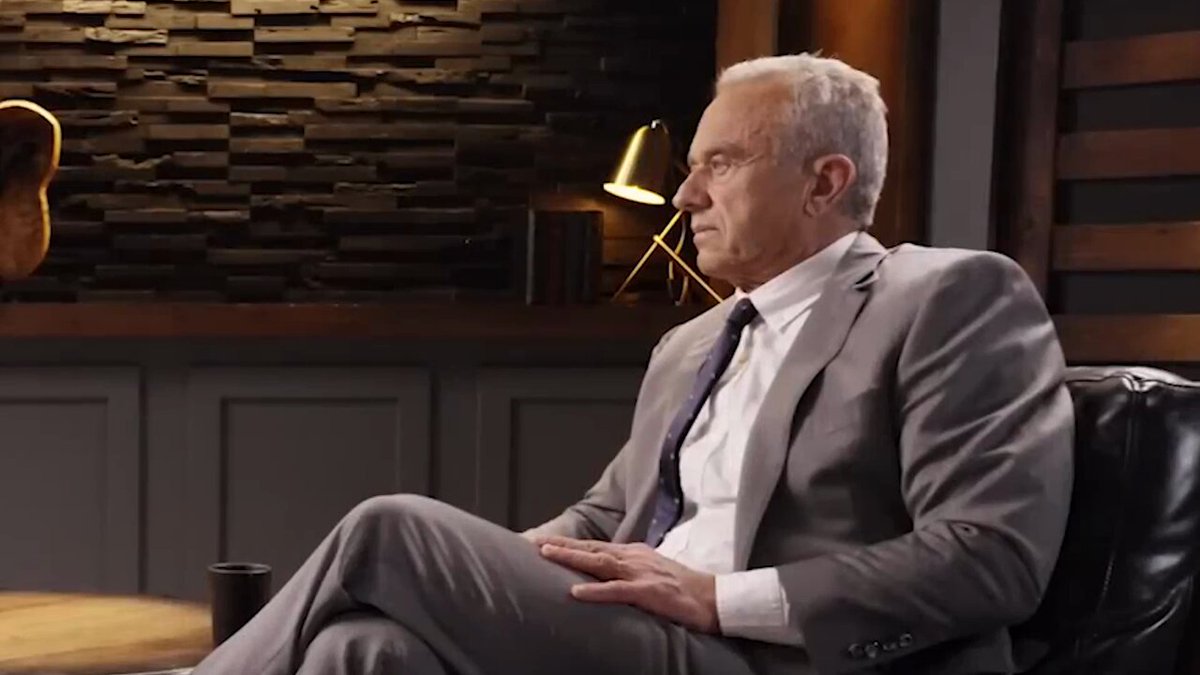The statement involves a political figure discussing their approach to reforming the executive branch of government, which is a substantive engagement with public issues. The tone is assertive and suggests a methodical approach to governmental reform.
- The statement does not appear to cause harm but lacks detail on the implications of 'cleaning out' agencies, which could be interpreted in various ways.Principle 1:I will strive to do no harm with my words and actions.
- The statement respects the dignity of others in a general sense but could be seen as dismissive towards current agency employees or administrators without specific justification. [-1]Principle 2:I will respect the privacy and dignity of others and will not engage in cyberbullying, harassment, or hate speech.
- The statement aims to promote understanding of the candidate's policy intentions, though it could benefit from more empathy towards those potentially affected by such sweeping reforms.Principle 3:I will use my words and actions to promote understanding, empathy, and compassion.
- The statement engages in a form of dialogue by sharing policy ideas publicly, though it does not invite direct discourse or feedback within this specific message.Principle 4:I will engage in constructive criticism and dialogue with those in disagreement and will not engage in personal attacks or ad hominem arguments.
- The statement is straightforward about the candidate's intentions, assuming it accurately reflects their planned policies. [+1]Principle 5:I will acknowledge and correct my mistakes.
- The use of a public platform to discuss policy reforms aligns with using influence for societal betterment, assuming the reforms are in the public interest. [+1]Principle 6:I will use my influence for the betterment of society.
- The statement upholds free speech by sharing policy ideas, contributing to the political debate. [+1]Principle 7:I will uphold the principles of free speech and use my platform responsibly and with integrity.
